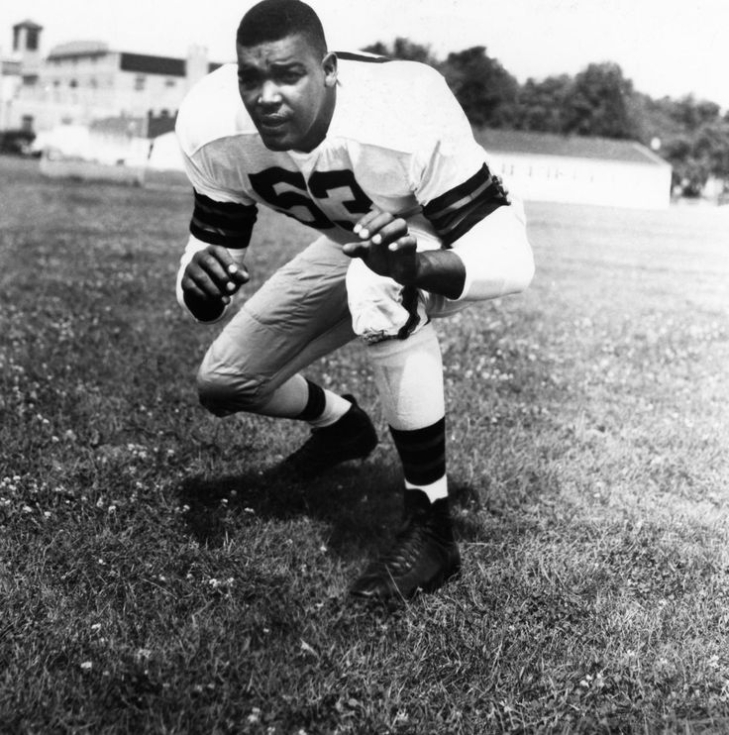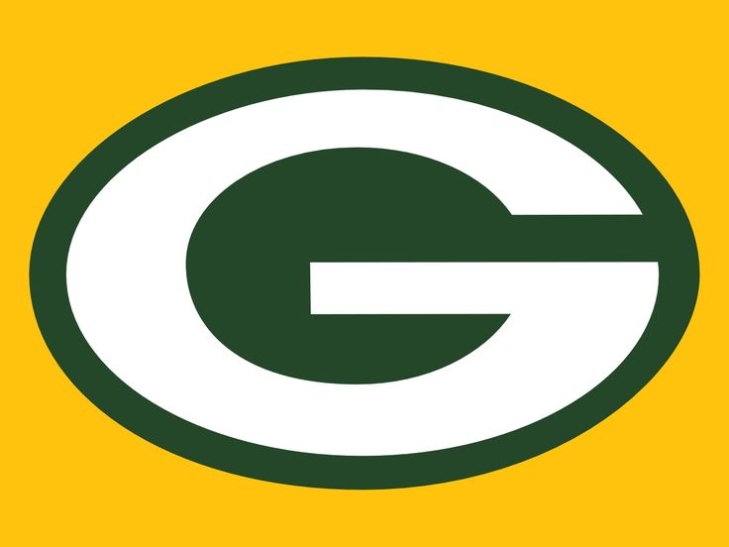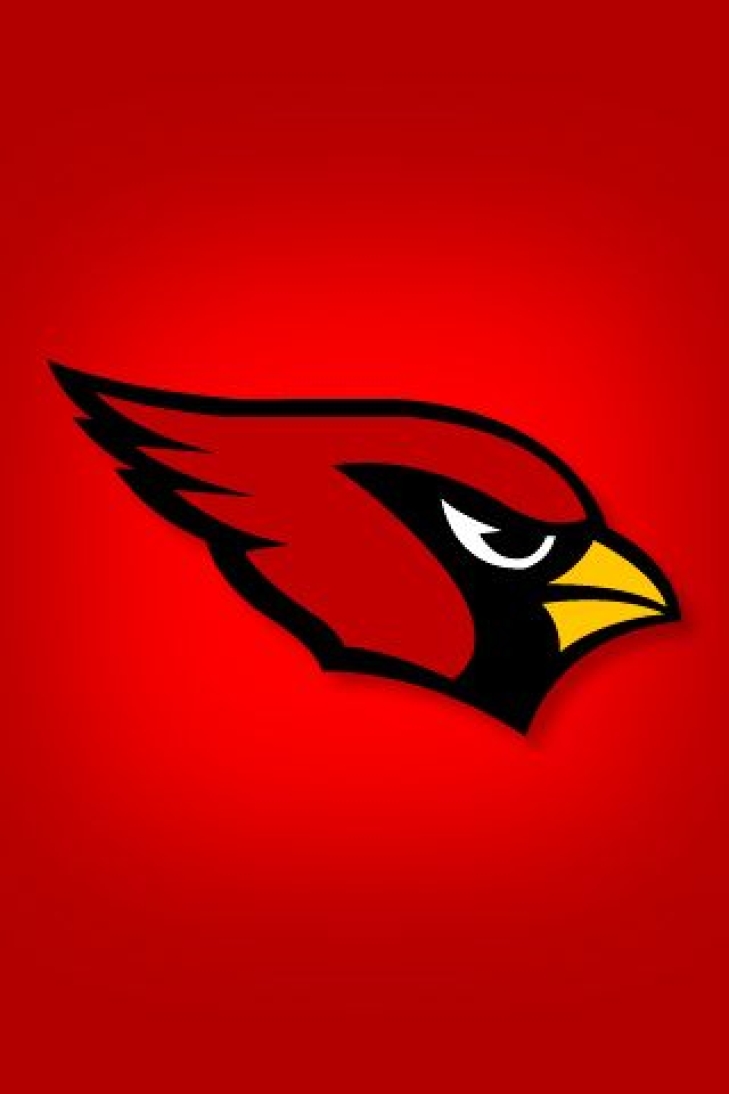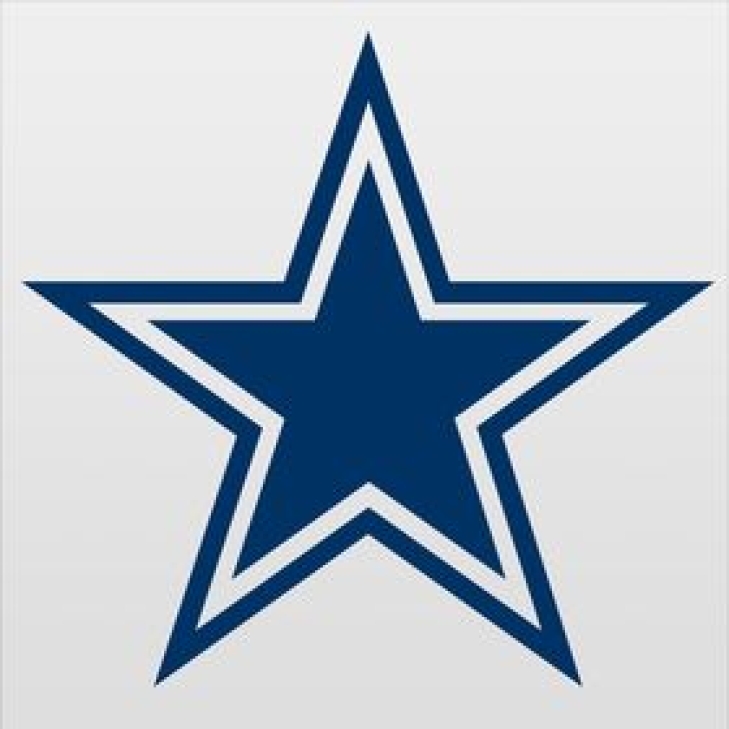
Committee Chairman
The Pro Football Hall of Fame Revisited Project: 1964 Preliminary VOTE
1964 PRELIMINARY RESULTS:
Thank you to all who participated in the Pro Football Hall of Fame Revisited Project. If you are still determining what that is, we acted like the PFHOF had its first class in January 1946.
We have completed the first 16 years thus far.
For “1964,” a Preliminary Vote with close to 100 players whose playing career ended by 1955. We are also following the structure in that players have 20 years of eligibility, and if they do not make it into the Hall, they are relegated to the Senior Pool.
Each voter was asked to select 25 names from the preliminary list, and the top 25 vote-getters were named Semi-Finalists.
A week later, the voters will be asked to pick 15 names from the 25 Semi-Finalists, and next after, they will pick five from the remaining 15. We will continue this process weekly until we catch up to the current year.
Please note that a significant change occurred “years ago,” allowing voters to submit less than the allotted spots.
30 Votes took place
This is for the “Modern Era”
Bold indicates they advanced to the Semi-Finals:
*Indicates they have been removed from future ballots
|
Player |
Year of Eligibility |
Vote Total |
|
Jack Christiansen S |
1 |
26 |
|
Dick Barwegan G |
5 |
25 |
|
Dick Stanfel G |
1 |
24 |
|
Buckets Goldenberg G-BB |
14 |
22 |
|
Ward Cuff WB-QB-HB |
12 |
22 |
|
Bill Osmanski FB |
12 |
22 |
|
Lou Rymkus T |
8 |
22 |
|
Len Ford DE |
1 |
22 |
|
Marshall Goldberg FB |
11 |
21 |
|
Ed Sprinkle DE-E-G-LB |
4 |
21 |
|
Pat Harder E |
6 |
21 |
|
Ace Gutkowski FB-TB |
20 |
20 |
|
Gaynell Tinsley E |
19 |
18 |
|
Bruno Banducci G |
5 |
18 |
|
George Svendsen C |
18 |
17 |
|
Whizzer White TB-HB |
18 |
17 |
|
Vic Sears T-DT |
6 |
17 |
|
Woody Strode E |
10 |
15 |
|
Charley Brock C-HB |
12 |
15 |
|
George Wilson E |
13 |
14 |
|
Frankie Albert QB |
7 |
14 |
|
Frank Cope T |
12 |
13 |
|
Spec Sanders TB |
9 |
12 |
|
Bucko Kilroy G-MG-T-DT |
4 |
12 |
|
Tank Younger FB-LB-HB |
1 |
11 |
|
Les Bingaman DG-G-C |
5 |
10 |
|
Bill Fischer T-G-DT |
6 |
8 |
|
Buster Ramsey G |
8 |
5 |
|
Leon Hart E-FB-DE |
2 |
5 |
|
Pug Manders HB-TB |
12 |
4 |
|
Dan Towler FB |
4 |
4 |
|
Al Blozis T |
15 |
3 |
|
Baby Ray T |
11 |
3 |
|
Paul Lipscomb T-DT |
5 |
3 |
|
Hugh Taylor QB |
5 |
3 |
|
Bob Hoernschemeyer B |
4 |
3 |
|
Don Paul LB-MG-C |
4 |
3 |
|
George Taliaferro HB-TB-QB-DB |
4 |
3 |
|
Stan West DG-G-C |
2 |
3 |
|
Roger Zatkoff LB-DE |
1 |
3 |
|
Eggs Manske E |
19 |
2 |
|
Parker Hall TB-HB |
13 |
2 |
|
Pug Manders HB-TB |
11 |
2 |
|
Glenn Dobbs TB-QB |
10 |
2 |
|
Vic Lindskog C |
8 |
2 |
|
Otto Schellenbacher S |
8 |
2 |
|
Dub Jones B-DB-WB-TB |
4 |
2 |
|
Bob Boyd E-DE |
2 |
2 |
|
Bill Svoboda LB-FB |
1 |
2 |
|
Ozzie Simmons HB |
20 |
1 |
|
Milt Gantenbein E |
19 |
1 |
|
Jack Manders |
19 |
1 |
|
Bull Karcis FB-BB-HB |
16 |
1 |
|
Pete Tinsley G |
14 |
1 |
|
Russ Letlow G-T |
13 |
1 |
|
Jim Lee Howell E |
12 |
1 |
|
Chet Bulger T |
9 |
1 |
|
Paul Christman QB |
9 |
1 |
|
Ted Frisch FB |
9 |
1 |
|
Dick Huffman T |
9 |
1 |
|
Tommy Thompson QB |
9 |
1 |
|
Ray Bray G |
7 |
1 |
|
Cloyce Box E |
5 |
1 |
|
Bill Johnson C-LB |
3 |
1 |
|
Fred Morrison FB-HB |
3 |
1 |
|
George Ratterman QB |
3 |
1 |
|
LaVern Torgeson LB-C |
2 |
1 |
|
Norm Willey DG-G-E |
2 |
1 |
|
Don Colo DT |
1 |
1 |
|
Bob Masterson E |
13 |
0 |
|
*Ki Aldrich C-LB-G |
12 |
0 |
|
*Dick Plasman E-T |
12 |
0 |
|
*Billy Dewell E |
10 |
0 |
|
Elmer Angsman HB |
7 |
0 |
|
Dick Hoerner E |
7 |
0 |
|
Johnny Strzykalski HB |
7 |
0 |
|
*John Martinkovic DE |
2 |
0 |
|
*Bill McPeak DE |
2 |
0 |
|
*Bobby Thomason QB |
2 |
0 |
|
*Bill Wightkin T-DE-E |
2 |
0 |
|
Gordie Soltau E |
1 |
0 |
This is for the “Senior Era”
Bold indicates they advanced to the Semi-Finals:
*Indicates that they will be removed from the ballot permanently.
|
Player |
Year |
Votes |
|
George Christensen |
1 |
19 |
|
Al Nesser |
8 |
17 |
|
Hunk Anderson |
14 |
16 |
|
Joe Kopcha |
3 |
11 |
|
Glenn Presnell |
3 |
9 |
|
Herman Kerchoff |
19 |
7 |
|
Cub Buck |
14 |
7 |
|
Sol Butler |
19 |
6 |
|
Gus Sonnenberg |
9 |
6 |
|
Gull Falcon |
19 |
5 |
|
Wildcat Wilson |
10 |
5 |
|
Bob Shiring |
19 |
4 |
|
Steamer Horning |
19 |
3 |
|
Henry McDonald |
19 |
3 |
|
Duke Osborne |
11 |
3 |
|
Joey Sternaman |
9 |
3 |
|
Father Lumpkin |
2 |
3 |
|
Swede Hanson |
1 |
2 |
|
Potsy Jones |
1 |
2 |
|
*Two-Bits Honan |
9 |
1 |
Next week, we will announce the Semi-Finalists for the 1964 Pro Football Hall of Fame Revisited Project.
Our All-Time Top 50 Green Bay Packers have been revised to reflect the 2023 Season
Yes, we know that this is taking a while!
As many of you know, we at Notinhalloffame.com are slowly generating the top 50 of each major North American sports team. That being said, we have existing Top 50 lists and consistently look to update them when necessary and based on necessity. As such, we are delighted to present our post-2023 revision of our top 50 Green Bay Packers.
As for all of our top 50 players in football, we look at the following:
1. Advanced Statistics.
2. Traditional statistics and how they finished in the National Football League.
3. Playoff accomplishments.
4. Their overall impact on the team and other intangibles that are not reflected in a stat sheet.
Last year, the Packers returned to the playoffs but were a first-round exit. Despite the success of the 2023 Season, the long tenure of the Packers did not give us a new entrant, though two players came close to joining the Top 50. As such, there were no changes, but we always acknowledge that we looked at the previous year.
As always, we present our top five, which (obviously) saw no changes:
1. Aaron Rodgers
2. Brett Favre
3. Don Hutson
4. Forrest Gregg
5. Bart Starr
You can find the entire list here.
We thank you for your continued support of our lists on Notinhalloffame.com.
Our All-Time Top 50 Arizona Cardinals are now up
Yes, we know that this is taking a while!
As many of you know, we at Notinhalloffame.com are slowly generating the top 50 of each major North American sports team. We have another one ready, with our Top 50 Arizona Cardinals.
As for all of our top 50 players in football, we look at the following:
1. Advanced Statistics.
2. Traditional statistics and how they finished in the National Football League.
3. Playoff accomplishments.
4. Their overall impact on the team and other intangibles that are not reflected in a stat sheet.
The most tenured team in the National Football League, the Arizona Cardinals have taken a long road, traversed multiple cities, and seen more hard times than good.
Formed in 1898 as the Morgan Athletic Club, they would be renamed the Racine Normals for two years before becoming the Racing Cardinals. Twenty years later, they were charter members of the National Football League as the Chicago Cardinals.
In the Windy City, the franchise won two titles, the first in 1925, disputed by the Pottsville Maroons, but there was no NFL Championship Game back then. The second title is undisputed, as with their "Million Dollar Backfield," they won the Championship Game in 1947, the last title they have won.
Taking a backseat to the Bears in Chicago, the Cardinals relocated to St. Louis in 1961. They only made the playoffs thrice in St. Louis and relocated again in 1987, becoming the Phoenix Cardinals. That name would change again to the Arizona Cardinals, and with Kurt Warner as their Quarterback, they made it to their first Super Bowl in the 2008 Season. They did not win but appear to have a permanent home in the desert.
Here is the inaugural top five:
1. Larry Wilson
2. Larry Fitzgerald
3. Charley Trippi
4. Roger Wehrli
5. Dan DIerdo
You can find the entire list here.
We thank you for your continued support of our lists on Notinhalloffame.com.
Our All-Time Top 50 Dallas Cowboys Have Been Revised to reflect the 2023 Season
Yes, we know that this is taking a while!
As many of you know, we at Notinhalloffame.com are slowly generating the top 50 of each major North American sports team. That being said, we have existing Top 50 lists and consistently look to update them when necessary and based on necessity. As such, we are delighted to present our post-2023 revision of our top 50 Dallas Cowboys.
As for all of our top 50 players in football, we look at the following:
1. Advanced Statistics.
2. Traditional statistics and how they finished in the National Football League.
3. Playoff accomplishments.
4. Their overall impact on the team and other intangibles that are not reflected in a stat sheet.
Last year, Dallas made the playoffs but suffered an early exit. The 2023 Season gave us two new entrants with three elevations.
As always, we present our top five, which saw no changes:
1. Emmitt Smith
2. Bob Lilly
3. Roger Staubach
4. Randy White
5. Mel Renfro
You can find the entire list here.
Offensive Guard Zack Martin cracks the top ten from #12 to #10.
Fellow Offensive Lineman Tyron Smith advanced to #14 from #17. He is now with the New York Jets.
Quarterback Dak Prescott, who added his third Pro Bowl in 2023, climbed to #29 from #41.
Defensive End DeMarcus Lawrence, who went to four Pro Bowls, makes his first appearance at #47.
Linebacker Micah Parsons, who has only been a pro for three years, has finished in the top three in all of them in Defensive Player of the Year voting. He debuts at the tail end of the list at #50.
We thank you for your continued support of our lists on Notinhalloffame.com.





